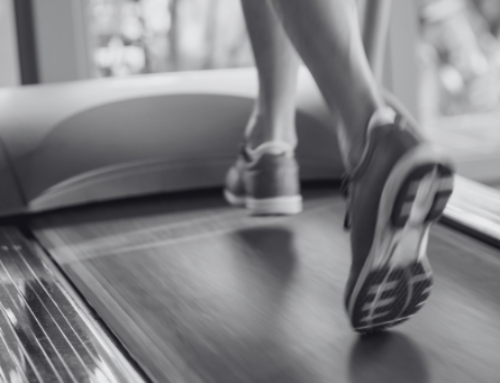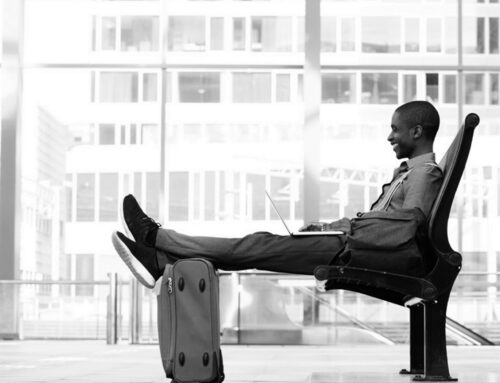Introduction: Millennials and the Evolution of Drinking Culture
Millennials, aged 28–43, are redefining what it means to socialise, relax, and enjoy beverages. With a focus on health, inclusivity, and convenience, this generation is driving the rise of non-alcoholic beverages, reshaping the drinking culture in the process. Insights from YouGov Profiles reveal that Millennials value fitness, moderation, and social acceptance, leading to a significant shift in their preferences. This blog explores the data and trends that show how non-alcoholic beverages have gone from niche to mainstream.
Health and Wellness Take Center Stage
Four in 10 South African Millennials aspire to be fit and healthy, while 33% actively promote a healthy lifestyle (YouGov Profiles). This focus on wellness is influencing their consumption habits, with many choosing non-alcoholic beverages that align with their goals.
Non-alcoholic options, such as zero-alcohol beers, mocktails, sports drinks and the like are becoming popular for their low-calorie content and added health benefits. As highlighted by Retail Brief Africa, brands are blending wellness trends with modern drinking preferences, offering drinks that fit seamlessly into a health-conscious lifestyle.
Judgment-Free Drinking: Inclusivity Matters
Judgment-free drinking is a growing social trend, with 41% of Millennials agreeing that it’s unnecessary to judge people based on their drink choice, according to YouGov Profiles. This perspective has normalised non-alcoholic beverages, making them a socially acceptable option at bars, restaurants, and events.
With more venues offering creative mocktails and non-alcoholic alternatives, Millennials no longer feel pressured to conform to traditional drinking norms. As Retail Brief Africa points out, the rise of non-alcoholic drinks reflects a broader cultural shift toward inclusivity and choice, ensuring everyone can comfortably participate in social rituals.
Home Is Where the Drinks Are
According to YouGov Profiles, Millennials are increasingly enjoying their drinks at home, with 40% doing most of their drinking there and 19% buying alcohol several times a month. This shift has created opportunities for non-alcoholic beverage brands to thrive in retail settings.
Non-alcoholic options are particularly appealing for casual home consumption, offering versatility for intimate gatherings or solo relaxation. As Bizcommunity notes, non-alcoholic beer has transitioned from novelty to mainstream, becoming a staple in home bars for those seeking flavorful, alcohol-free alternatives.
Moderation and Mindful Drinking: A Growing Trend
A portion of Millennials is embracing moderation, with 27% not drinking alcohol and 26% stating they don’t drink too much, according to YouGov Profiles. This trend reflects a move toward mindful drinking, where individuals prioritise balance and well-being over excess.
Non-alcoholic beverages cater to this mindset, providing inclusive options that allow consumers to enjoy the social aspects of drinking without overindulging. Brands offering innovative and high-quality alternatives are well-positioned to capture this growing segment of mindful drinkers.
A Social Life Beyond Alcohol
For 41% of Millennials, fun doesn’t depend on alcohol(YouGov Profiles). This sentiment is reshaping social norms, empowering individuals to prioritise experiences over traditional drinking rituals. Non-alcoholic beverages are stepping in to fill this gap, offering flavorful and sophisticated options that enhance social occasions.
As highlighted by Retail Brief Africa, zero-alcohol drinks have gone from niche to mainstream, appealing to those who want to participate in social settings without consuming alcohol. This shift demonstrates how Millennials are leading the way in redefining what it means to “drink socially.”
Changing Habits Around Bars and Nightlife
Millennials are also reshaping nightlife habits, with 15% visiting bars less often and 12% going once a month(YouGov Profiles). These changing habits reflect a preference for more meaningful and intentional social interactions.
Bars and restaurants are adapting by expanding their non-alcoholic menus to cater to this audience. Creative mocktails, craft sodas, and non-alcoholic beers ensure that venues remain vibrant and inclusive, even as traditional drinking patterns evolve.
The Rise of Non-Alcoholic Beer and Beyond
Non-alcoholic beer is leading the charge in the zero-alcohol revolution. As Bizcommunity notes, this beverage has become a staple for those seeking a balance between flavor and moderation. Brands are innovating with high-quality brews that mimic the taste and feel of traditional beer, appealing to both drinkers and non-drinkers alike.
Beyond beer, the non-alcoholic beverage market includes alcohol-free spirits, functional drinks, and enriched water, offering endless options for Millennials who value variety and quality. These products align with modern preferences, blending wellness, sustainability, and innovation.
Conclusion: The Future of Non-Alcoholic Beverages
The rise of non-alcoholic beverages is more than just a trend—it’s a reflection of a cultural shift driven by Millennials. With a focus on health, inclusivity, and moderation, this generation is redefining drinking culture and challenging traditional norms.
For brands, this represents an opportunity to innovate and meet the demands of a rapidly evolving market. By offering high-quality, accessible, and diverse non-alcoholic options, the beverage industry can align with Millennial values and shape the future of modern drinking.
Methodology:
Profiles: Segmentation and media planning tool. YouGov Profiles makes it simple to find and understand the audience that matters most to you. With data collected daily, it gives you the power to build and customise a portrait of your consumers’ entire world with unrivalled granularity. More than 12,500 variables are available in South Africa.
Dataset: 2024-11-10
Nationally representative sample of South African adults with access to the internet, aged 18+
n ~ 3297



